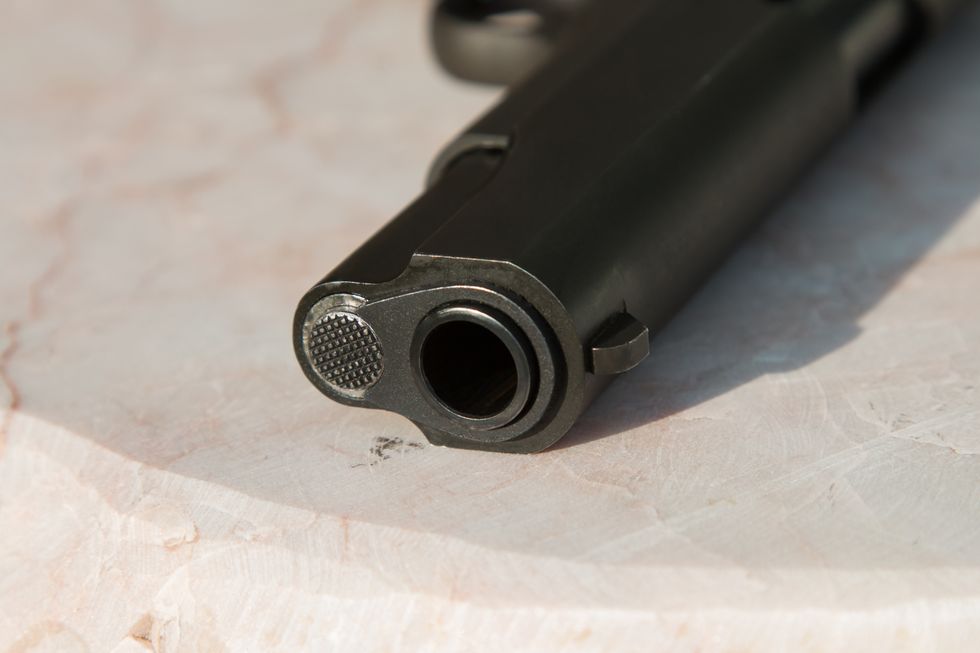Sincerely, I must profess it is deeply saddening to me that most of us tend to contemplate the tragedy of police shootings only after we hear disturbing developments in the most recent case. Nevertheless, I feel it pertinent in such an emotionally-charged time to say: please don’t blame and ostracize the police.
The video recently released, depicting Daniel Shaver’s murder, is gut-wrenching. I mean it -- I was nearly shaking, I couldn’t believe my eyes. Even so, I am asking you to consider this before you send Philip Brailsford, the shooter of Daniel Shaver, to the gallows. When there is a lethal threat to human life, police are trained to shoot to kill.
Don’t take my word for it; there are many good reasons for this, but these are not my focus. Is there any chance that Mr. Brailsford perceived his or someone else's life was at risk before he fired? I think it would be quite difficult to say no; there is at least some chance, seeing as he was told the suspect had a lethal weapon.
Maybe it is obvious. Perhaps it is clear. There is no legitimate reason for the shots to be fired. Do you know what the implications of that are? There have been 917 fatal shootings by the police this year. Do you really think that these policemen have some kind of vendetta against these perceived criminals?
I am not sure I have watched enough Law & Order to understand the inner workings of a murderer, but I would propose that there are two kinds. One is spontaneous. These murderers would never describe themselves as such; the moment they commit the murder is their breaking point.
Another is the meticulous killer -- the cool and calculated. The former, I think, would be nearly impossible to screen out; and the latter, I very much hope, does not make it past the interview stage. All in all, I think joining the police force seems quite antithetical to the ambitions of a murderer. Because of this, I hope we can at least agree that most of these shootings were not executed by wicked men.
Now that we have established that it is at least improbable that the police involved in these shootings are evil people, there is another potential reason for the problem. Conceivably, the shooting was nearly unavoidable, as performing perfectly under such unfathomably high-stress situations is presumably pretty difficult. For a policeman, not performing perfectly under such situations is something I am certain they worry about every day.
So now, the natural question is: how can we make this situation less difficult for police? Honestly, I do not know, but I have no reason to think that it is impossible. This is where I want to direct the conversation. The focus is not whether or not Philip Brailsford is guilty or not guilty because the grounds for a sound verdict are not only complex but also something very unlikely for an average person to command a strong knowledge of the details of the case.
So before you express your hate for the police, please understand this. Death by the hand of the very entity we expect to protect us is truly dreadful, but do you really need to assign blame? How does your opinion of the lawfulness of Mr. Brailsford’s actions really matter? You are not on the jury. Instead, reflect upon the fact that there is prevailing evil in this world that pays no mind to our laws. What can be done to ameliorate it?



















